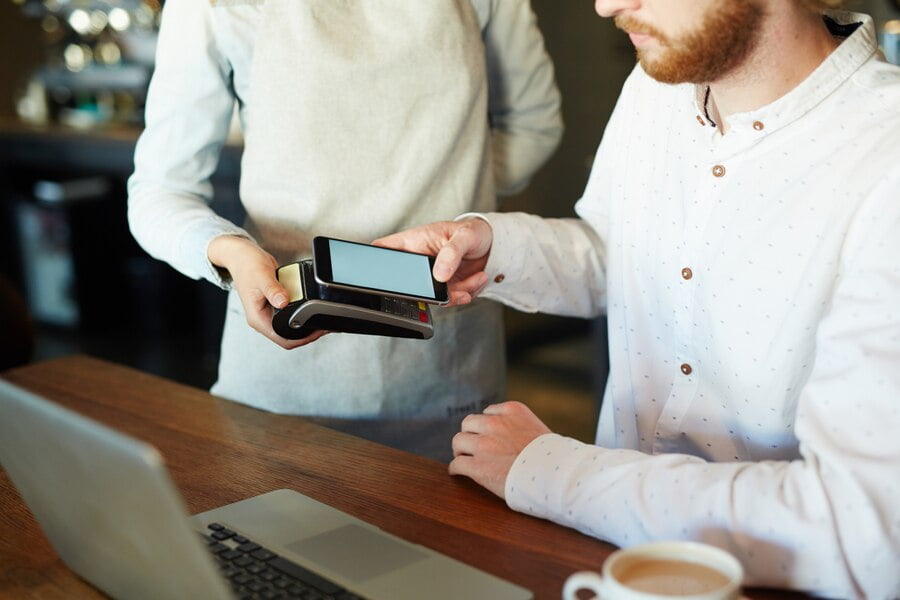POS System Mastery: How to Select the Perfect Solution for Your Restaurant

Selecting the right Point of Sale (POS) system for your restaurant is a crucial decision that can significantly impact your operations, customer satisfaction, and profitability. With a multitude of options available in the market, it’s essential to understand what features and factors to consider to ensure you choose a system that best meets your restaurant’s specific needs. Here’s a comprehensive guide to help you make an informed decision.
1. Understand Your Restaurant’s Needs
Before diving into the plethora of POS systems available, it’s important to assess your restaurant’s specific requirements. Different types of restaurants have different needs:
- Quick Service Restaurants (QSRs): Speed and efficiency are paramount. Look for a POS system that can handle high volumes of transactions quickly and offers features like kitchen display systems and online ordering integration.
- Full-Service Restaurants: Table management, split billing, and detailed customer preferences are crucial. A system that supports tableside ordering and payment can enhance the dining experience.
- Bars and Cafes: Inventory management for beverages, tab management, and seamless payment processing are key. Look for a POS that supports these functions.
2. Key Features to Look For
Identifying the key features that your POS system must have will help narrow down your choices:
- Order Management: The POS system should streamline order taking and sending orders to the kitchen. Look for features like customizable menus, modifier options, and quick order entry.
- Inventory Management: Effective inventory tracking can help reduce waste and manage stock levels efficiently. Look for systems that offer real-time inventory updates and automatic reorder alerts.
- Reporting and Analytics: Detailed reporting on sales, labor costs, and customer preferences is essential for informed decision-making. Ensure the POS provides comprehensive and customizable reports.
- Customer Relationship Management (CRM): A POS with built-in CRM tools can help track customer preferences, manage loyalty programs, and personalize marketing efforts.
- Integration Capabilities: Ensure the POS can integrate with other essential tools like accounting software, payroll systems, and online ordering platforms.
3. Ease of Use
The POS system should be intuitive and easy for your staff to use. A complex system can lead to errors, slow down service, and require extensive training. Look for a POS with a user-friendly interface and clear, straightforward navigation. Many modern systems offer touch-screen interfaces that are easy to learn and use.
4. Scalability
As your restaurant grows, your POS system should be able to grow with you. Consider your long-term plans and ensure the POS system can accommodate additional locations, increased transaction volumes, and new features as needed. Scalability is especially important if you plan to expand your business or add new services like delivery or catering.
5. Security
With increasing concerns about data breaches and fraud, security is a critical factor in choosing a POS system. Look for features such as end-to-end encryption, secure payment processing, and compliance with PCI-DSS (Payment Card Industry Data Security Standard). Additionally, the system should offer user access controls to restrict sensitive functions to authorized personnel only.
Also read: POS Systems: The Backbone of Successful Restaurant Management
6. Support and Training
Reliable customer support and training are crucial for ensuring smooth operations. Look for a POS provider that offers comprehensive support, including 24/7 assistance, online resources, and training programs for your staff. This will help minimize downtime and ensure any issues are resolved promptly.
7. Cost
While cost should not be the sole determining factor, it is an important consideration. POS systems come with various pricing models, including upfront costs, monthly subscriptions, and transaction fees. Consider your budget and evaluate the total cost of ownership, including hardware, software, installation, and ongoing support fees. Compare the costs with the features and benefits to determine the best value for your investment.
8. Reviews and Recommendations
Finally, research reviews and seek recommendations from other restaurant owners. User reviews can provide valuable insights into the reliability and performance of the POS system. Additionally, speaking with peers in the industry can help you understand the practical pros and cons of different systems based on real-world experiences.
Conclusion
Choosing the right POS system for your restaurant involves careful consideration of your specific needs, key features, ease of use, scalability, security, support, cost, and user feedback. By taking the time to evaluate these factors, you can select a POS system that not only meets your current requirements but also supports your restaurant’s growth and success in the long term. Investing in the right POS system is a strategic decision that can enhance efficiency, improve customer satisfaction, and drive profitability.
Visit our site at www.dibtech.com.au
Visit our YouTube channel for tutorials Dibtech



